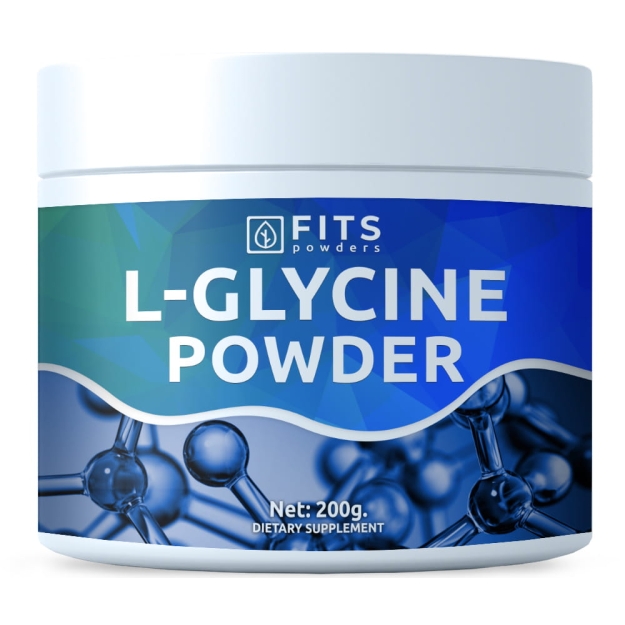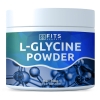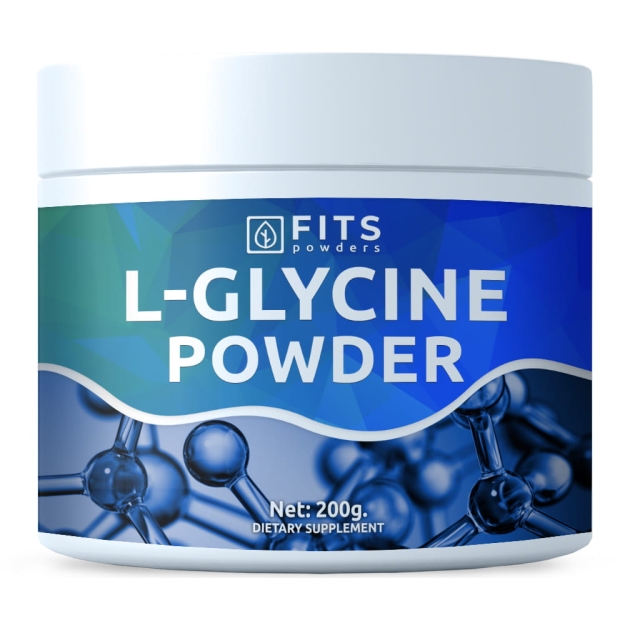Glycine is the simplest amino acid that does not have aromatic chemical bonds. It has a sweet taste, is produced by the body itself and is part of many organic compounds and proteins. However, when there is an acute need for this amino acid, for example, under stress or excessive physical exertion, its internal reserves are quickly consumed, and it is not so easy to fill the gradually arising deficiency.
Glycine increases the elasticity of the skin and strengthens bones, ligaments and cartilage. A large amount of glycine is also contained in collagen. Glycine is also involved in the formation of creatine, a substance that gives muscle energy. Therefore, many athletes drink special creatine-based supplements to increase muscle strength and mass. Glycine helps people solve some sleep problems, including failing to fall asleep for a long time or waking up in the middle of the night.
Taking glycine prevents clogging of blood vessels and narrowing of arteries, thus reducing the risk of atherosclerosis. In addition, it improves cerebral circulation. All this helps to increase mental abilities, and also lift the mood.











